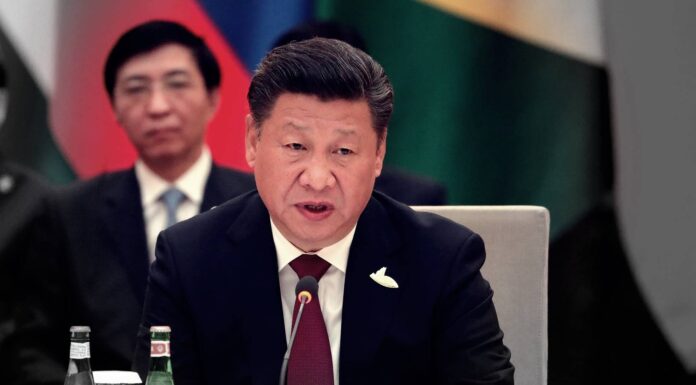China’s economic challenges include a struggling real estate sector and a shift towards high-tech industries. President Xi Jinping’s focus on national security and skepticism of market forces are exacerbating these issues. Despite some optimism, there are concerns about China’s ability to recover from a major downturn under current policies.
China’s Economic Challenges
China is grappling with economic difficulties due to a weak real estate sector and a strategy shift toward high-tech industries. Under President Xi Jinping, the focus on national security and distrust in market mechanisms is exacerbating the situation. This has widened the tension between political directives and economic needs, restricting entrepreneurial innovation.
Real Estate Decline and Policy Shifts
Historically, the real estate sector propelled China’s economic growth, contributing significantly to GDP. However, stringent policies like the ‘Three Red Lines’ have led to decreased investment in residential projects. Xi’s strategy now emphasizes high-tech industries, but his prioritization of national security over economic flexibility complicates this transition, potentially hindering recovery efforts.
China’s economic landscape during Xi Jinping’s tenure has been marked by both unprecedented growth and significant challenges. A key issue has been the ongoing trade war with the United States, initiated in 2018. This conflict, characterized by tariffs and trade barriers, has strained the world’s two largest economies, disrupting supply chains and slowing down China’s economic progress.
Another major challenge is the shift from a manufacturing-led economy to a consumption-based one. While this transition is crucial for sustainable long-term growth, it has also led to economic slowdown. Furthermore, the country’s rapidly aging population poses a significant demographic challenge, threatening to undermine economic productivity and increase social welfare costs.
Additionally, Xi’s administration has been grappling with the mammoth task of controlling China’s escalating debt levels, particularly among state-owned enterprises and local governments. This has been exacerbated by the shadow banking sector, which poses systemic financial risks.
Lastly, the COVID-19 pandemic has presented an unforeseen challenge, causing economic disruption both domestically and globally. Despite these challenges, Xi’s government continues to pursue policies aimed at maintaining economic stability and growth.
Source : China’s Economic Challenges During Xi Jinping’s Tenure


